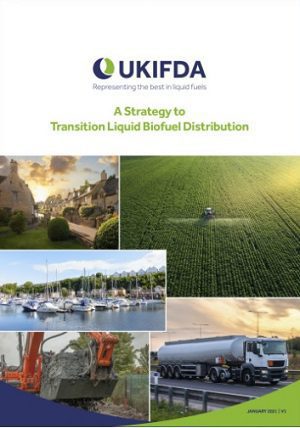- Introduce energy efficiency support measures for all homes (on or off grid) irrelevant of current technology and protect the fuel poor.
- Maintain a technology neutral approach rather than try and pick winners as decarbonisation requires a multi technology solution.
- Understand that liquid biofuels are the best solution for many, many homes in the UK and Ireland and government should support the positive, in-progress trials.
- Pass legislation to effect fuel specification changes in agreed timelines that allows consumers to plan and for suppliers to innovate and invest to ramp up supplies of liquid biofuels.
- Use tax rates to incentivise take up of liquid biofuels in domestic, agricultural, and commercial premises rather than using carbon tax to ramp up prices to try and force change.
Guy Pulham adds:
“Low carbon liquid biofuels are available, and government can accelerate production investment and innovation just by including them in the future technology mix and by including low carbon liquid biofuels used for home heating in the RTFO scheme for suppliers.
“Moreover, if government encourage local authorities, universities, and businesses to work together to pilot innovative technologies like liquid biofuels to provide the answer for hard to heat markets like off-grid homes, this could then ensure a skilled workforce and post COVID-19 job opportunities in new technology.
“It is important that consumers have choice, and we will continue to work with government in the UK and Ireland to include liquid biofuels in policy for off the gas grid homes and businesses.
“To succeed, government policy must encourage innovation and investment and our industry is waiting to start meeting the needs of the UK’s Net Zero challenge – so why delay us further?
“When this time next year we will potentially be on the brink of another historic climate change agreement at COP26 we want to see low carbon liquid fuels playing a key role in our decarbonised future.”
To obtain a copy of the UKIFDA’s Future Vision, visit https://ukifda.org/resources/future-vision/
